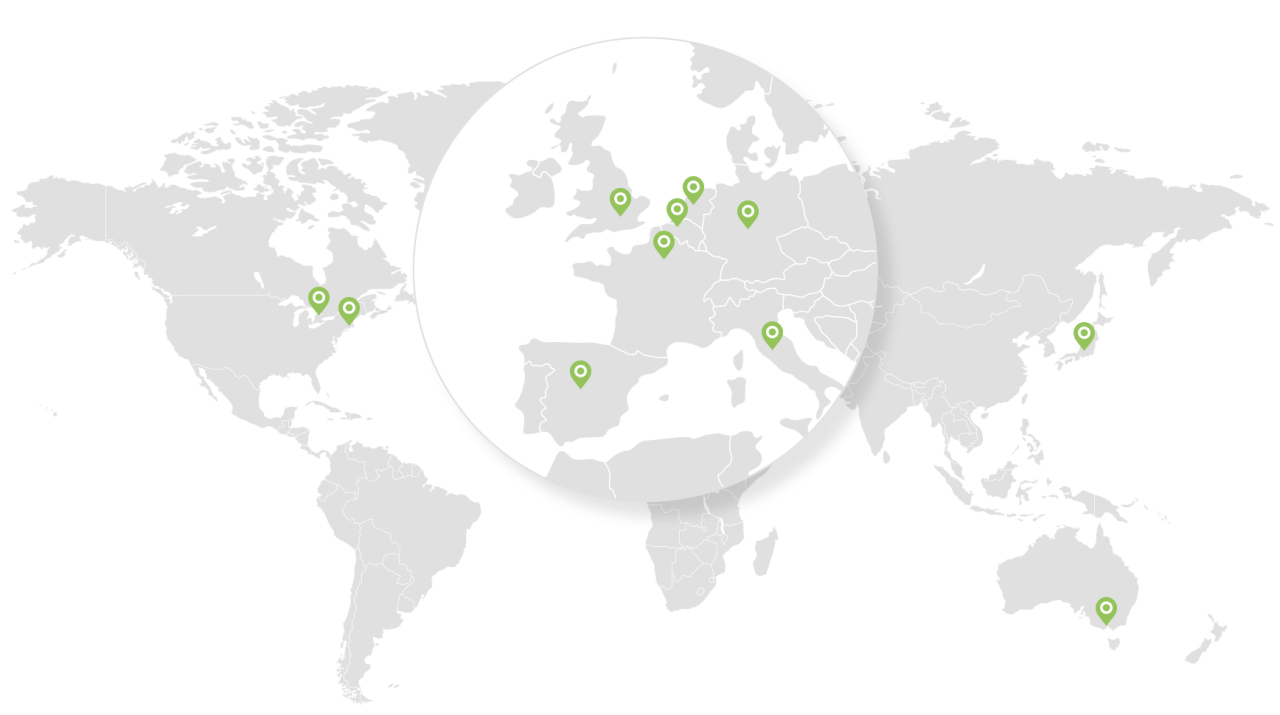Breda, the Netherlands / Ghent, Belgium– arGEN-X N.V. (Euronext Brussels: ARGX), a clinical-stage biopharmaceutical company focused on creating and developing differentiated therapeutic antibodies for the treatment of cancer and severe autoimmune diseases, today announced that it has initiated a clinical efficacy evaluation of ARGX-110, its investigational anti-CD70 therapeutic antibody, in patients with relapsed/refractory CD70-positive T-cell lymphomas. The evaluation will be conducted as an expansion arm of the ongoing Phase 1b study of ARGX-110.
The observation of clear biological responses and antitumor effects of ARGX-110 in patients with T-cell lymphomas in our ongoing adaptive Phase 1b study informed our decision to initiate this efficacy evaluation, ahead of schedule, said Alain Thibault, Chief Medical Officer at arGEN-X. We designed the Phase 1b study to be adaptive, allowing us to enrich expansion cohorts for those patient populations that demonstrated signs of biological activity. This dedicated T-cell lymphoma arm is a direct result of this approach and we are excited to further explore the efficacy of ARGX-110 in this group of indications.
Up to 30 patients with relapsed/refractory CD70-positive T-cell lymphoma are planned to be enrolled and evaluated. The primary objective is to assess the overall response rate of patients treated with ARGX-110. Secondary objectives include duration of response.
In the initial dose-escalation of the Phase 1b study, ARGX-110 demonstrated a favorable safety profile with no dose-limiting toxicities seen in the 26 patients treated. Encouraging signs of efficacy were also observed, and direct antitumor activity was demonstrated in two patients with T-cell lymphoma, including a complete response (CR) in a patient with Sézary syndrome.
About ARGX-110
ARGX-110 is a first-in-class monoclonal antibody that potently blocks CD70-induced tumor proliferation and tumor escape from immune surveillance. In addition, the POTELLIGENT®-enhanced antibody-dependent cellular cytotoxicity (ADCC) of ARGX-110 enables selective destruction of CD70-positive tumor cells. CD70 is overexpressed in the majority of cancer patients tested to date. Expectations of a favorable therapeutic index stem from its virtual absence in healthy tissues.
About the ARGX-110 Phase 1b study
The Phase 1b study (ClinicalTrials.gov Identifier: NCT01813539) with ARGX-110 consists of a dose-escalation phase followed by adaptive safety and efficacy expansion cohorts, one in solid tumors and one in hematological cancers, conducted in patients with advanced, refractory cancer. Data from the study will be used to select one or more indications for further clinical investigations.
The patient enrichment strategy relies on individual tumor screening for CD70 utilizing a validated immunohistochemistry method. In addition to traditional clinical and PK/PD endpoints, biomarkers documenting the three modes of action of ARGX-110 are being evaluated. Patient enrolment is planned at approximately 60 CD70-positive patients with either hematological or solid tumors. The study is managed jointly by arGEN-X and a consortium of leading academic institutions in Europe.
About T-cell Lymphomas
T-cell lymphomas are a rare and heterogeneous group of cancers for which treatment remains a challenge Together they affect approximately 7,800 new patients per year in the US. The over-expression of CD70 is common among these lymphomas.
References
- Foss FM (2013) Treatment strategies for peripheral T-cell lymphomas,Best Pract. Res. Chim. Haematol.26(1):43-56
- Wang S. and, Vose JM (2013) Epidemiology and Prognosis of T-Cell Lymphoma. InT-Cell Lymphomas. F. Foss (ed.), Springer New York
